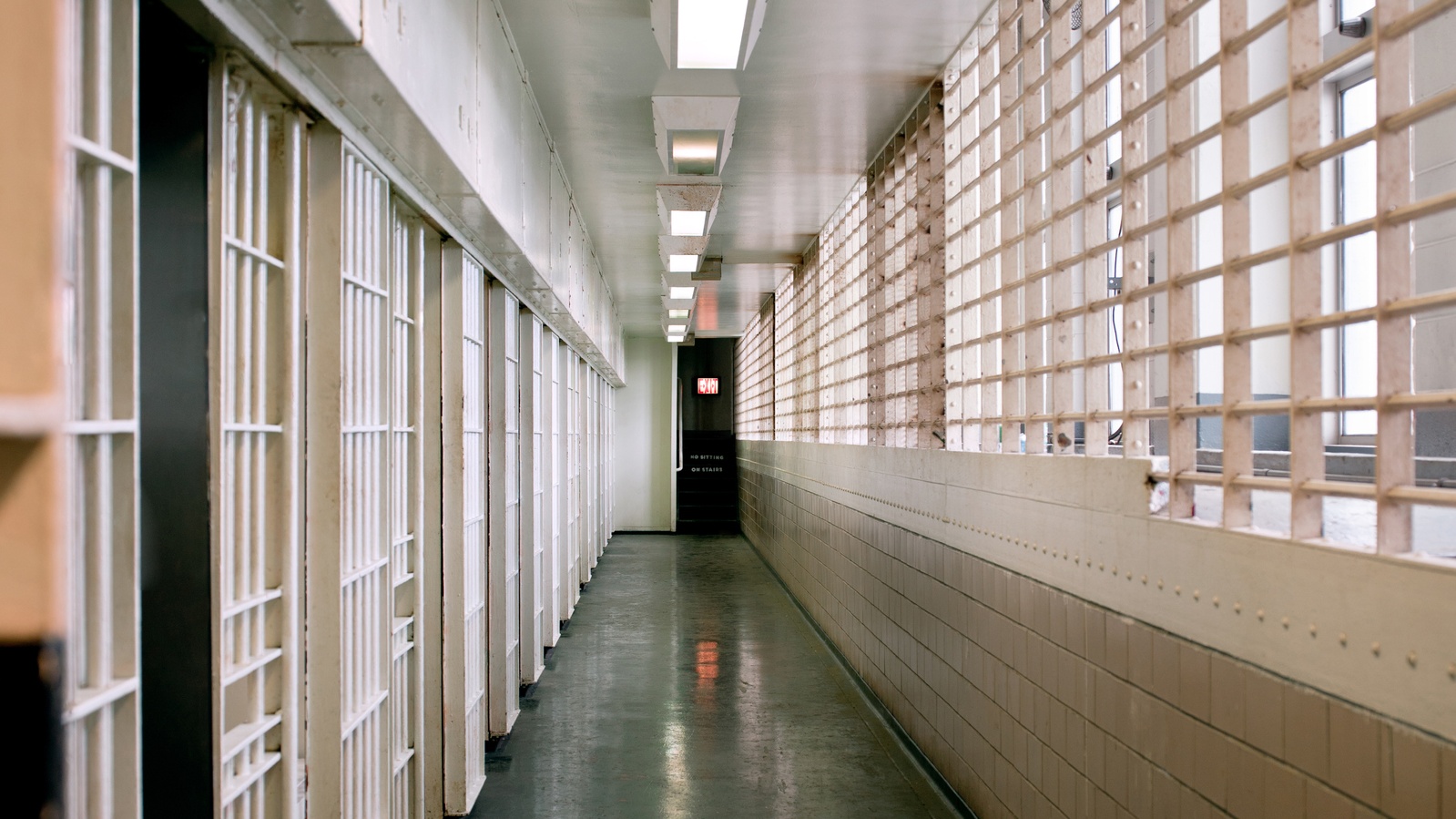Some people who have been incarcerated are being released from jail as the infectious coronavirus takes its toll.
Big metropolises like Los Angeles, Cleveland and New York City are now releasing low-risk people who have been incarcerated, the BBC reported.
The L.A. County Sheriff’s Department is releasing inmates from its jails, dropping its average daily arrests from 300 to 60, in an effort to cut down how many people are booked, The Los Angeles Times reported.
Hundreds of incarcerated people in Ohio, between 200 and 300 of whom are low-level offenders, were evaluated for their release, Fox News reported.
The New York City Correction Board wanted criminal justice leaders to decrease their prison populations, saying there is a high risk of dying from the coronavirus in the city's jails, NBC reported. As BBC noted, offenders face a particularly high risk of exposure to the virus due to the general lack of cleanliness to be associated with overpopulated hallways and cells as well as the hygiene restraints that come with being handcuffed, such as being unable to cover your mouth when you sneeze.
"Density level in NYC that is destructive." @NYGovCuomo: Imagine your jails & prisons:
20,493 people in NY prison are 50+
666 people are jailed simply awaiting parole hearings for technical (noncriminal) violations on Rikers
519 serving less than 1 yearCuomo can free them all. https://t.co/dHXMOD3sqo
— Scott Hechinger (@ScottHech) March 22, 2020
As Blavity previously reported, there initially seemed to be little concern for the thousands of people incarcerated and their risk of contracting the virus, and some have already been impacted.
Harvey Weinstein tested positive for coronavirus at Rikers Island prison, and it was reported that a guard and a fellow prisoner also tested positive, BBC reported.
The conditions are similar in other prisons like Sing Sing, which put its incarcerated people and correctional staff at risk.
Some metro areas, like Philadelphia, are slowing down their pursuits of people for nonviolent crimes. Those with a nonviolent arrest warrant will be arrested on a later date, Penn Live reported. Some nonviolent arrests include narcotics offenses, theft from persons, retail theft, theft from auto, burglary, vandalism, stolen auto, economic crimes (bad checks, fraud) and prostitution charges.
Commissioner for the Philadelphia Police Department Danielle Outlaw said on social media that the temporary slowdown of arrests doesn't mean officers are "turning a blind eye to crime."
"No one will escape accountability for the crimes that they commit,” Outlaw said.
Clarification of PPD's temporary response model in light of Covid-19 pic.twitter.com/8eMiUb17qD
— Danielle M. Outlaw (@PPDCommish) March 18, 2020
Many police officers nationwide are following a stricter social distancing and hygiene protocol, which includes regularly washing their hands, wearing gloves and refraining from touching their faces.
Although none of the states are currently under lockdown, Los Angeles implemented a “safer-at-home” mandate, which closed all non-essential businesses and banned all gatherings of more than 10 people.
